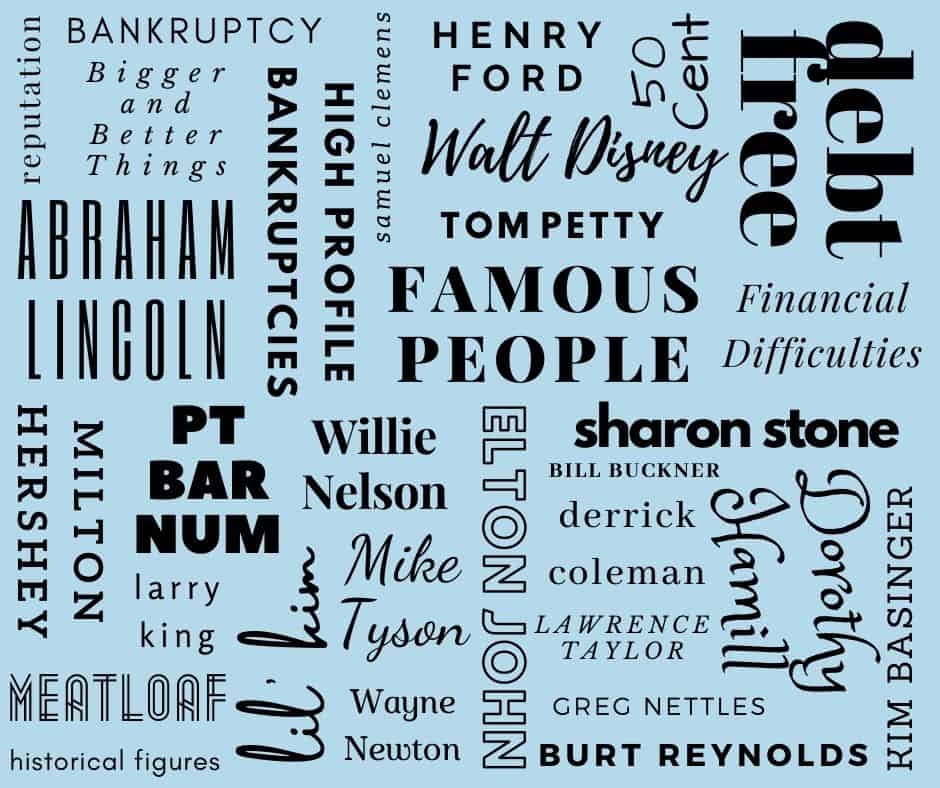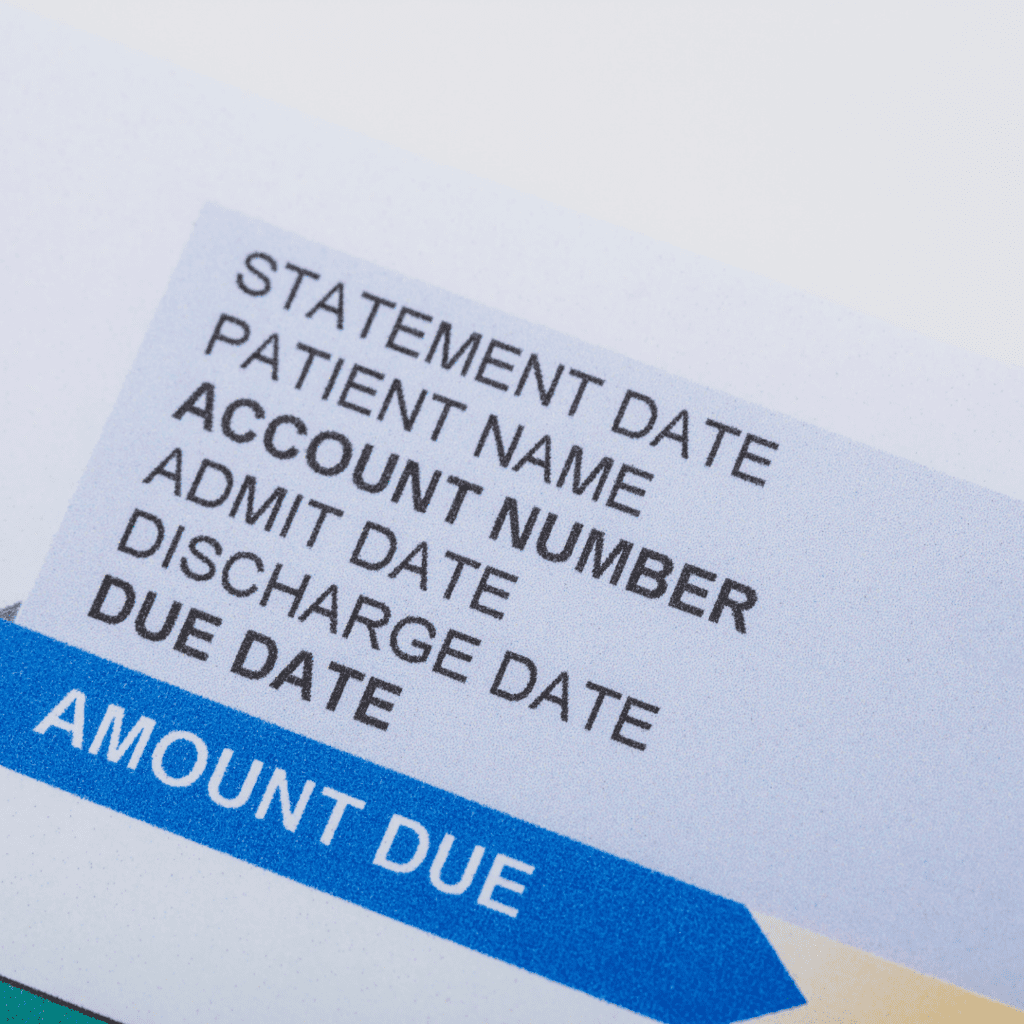Get Legal Assistance for Your Gambling and Bankruptcy Issues
In an earlier blog post, we discussed online gambling and bankruptcy. It’s important to remember that gambling debts, whether incurred online or in-person at casinos and OTBs, can be a significant factor in bankruptcy filings. With restrictions easing more and more each day, there is a resurgence in in-person gambling, so it’s timely to revisit the topic of gambling and bankruptcy.
Short Summary
- Bankruptcy offers protection from creditors and a chance for a fresh financial start by erasing debt, typically through Chapter 7 or Chapter 13 bankruptcy.
- Gambling debts usually involve credit card cash advances or casino markers, but bankruptcy doesn’t automatically erase all of them.
- Recent large gambling debts or those proven fraudulent may not be dischargeable in bankruptcy, but smaller debts or those outside certain time limits usually are.
- Non-gambling debts can be addressed through bankruptcy, allowing you to keep important assets like your home and car.
- Discharging gambling debt in bankruptcy can be more complicated due to the courts’ scrutiny, especially if there is suspicion of deceptive borrowing.
- Seeking help for gambling addiction and demonstrating genuine repayment intent can strengthen your case for discharging gambling debt in bankruptcy.
- Bankruptcy can be a solution for those struggling with gambling debt, offering a chance to start fresh and manage financial difficulties.
Dealing with gambling debts and bankruptcy can be tricky, but there are ways to get help.
How Bankruptcy Works?
Bankruptcy is a potent solution, offering protection from creditors and the chance for a financial reboot. Its primary benefit lies in its ability to erase debt. Typically, consumers opt for two types of bankruptcy: Chapter 7 or Chapter 13.
With Chapter 13, you collaborate with your creditors and the court to devise a plan for repaying your debts. You usually allocate all disposable income towards this goal. After five years, the court generally forgives any remaining debt.
In contrast, Chapter 7 bankruptcy entails the court-appointed trustee taking charge of your non-exempt assets, selling them to settle debts with unsecured creditors. The court then discharges any remaining debt.
What Are The Debts Incurred Through Gambling?
Gamblers rack up debt in two main ways: credit card cash advances and casino markers.
- Cash advances: Gamblers can use credit cards to get cash for gambling, hoping to win and pay it back. However, losses lead to debt owed to the credit card company, which will come after the gambler’s repayment.
- Casino markers: Casinos offer lines of credit through markers, essentially loans with which to gamble.
However, bankruptcy doesn’t automatically erase all gambling debts. The Bankruptcy Code protects creditors in some situations:
- Recent large debts: If you gamble a significant amount (over $500) using credit or markers within 90 days of filing bankruptcy, it might not be wiped clean. Similarly, considerable cash advances ($750+) obtained close to filing (within 70 days) are presumed fraudulent and non-dischargeable.
- Debts proved fraudulent: Creditors can still challenge the discharge of any gambling debt if they can prove you lied about your finances to get the money. This is especially risky for compulsive gamblers who might mislead casinos about their ability to repay. An example is falsely claiming you have funds to cover a marker when you don’t.
Generally, smaller debts or those incurred outside the time limits are dischargeable in bankruptcy. But remember, the burden of proof for fraud falls on the creditor, not you.
Non-Gambling Debt
If your debts aren’t linked to gambling, bankruptcy can be a valuable solution. Depending on the bankruptcy type and location, you might retain ownership of significant assets like your home and car. You’ll pay unsecured creditors based on your ability, and the court will forgive the remaining debt.
Gambling Debt
While you can technically wipe away gambling debt in bankruptcy, it’s trickier than with other debts. There’s no law blocking discharge, but courts scrutinize it more.
The key worry is that you might have gambled without the intention to repay and then filed for bankruptcy as an escape. Bankruptcy won’t erase debts obtained through deception. For instance, the court may deny a discharge if you signed a casino marker falsely claiming you had funds to cover it.
However, you can still get a discharge by showing genuine repayment intent. This means stopping gambling, seeking help, and making payments (even small ones). This demonstrates to the court you weren’t just dodging debt.
The law isn’t clear, but if you believed you could repay your gambling debt and made an effort, it could be discharged.
One significant risk comes from gambling debts incurred very close to filing for bankruptcy (think 2-3 months before). This suggests you never intended to repay, and the court may not discharge the debt. So, wait a while after taking on new gambling debt before filing for bankruptcy.
What Will Happen To My Gambling Debt?
There are two types of gambling debt: unsecured and secured. Unsecured debt, like personal loans for gambling, can be eliminated through Chapter 7 or Chapter 13 bankruptcy. Secured debt, like a loan using your house as collateral, gives the lender the right to take that property if you can’t repay it. Even with secured debt, other lenders on the same property might force yours to become unsecured.
An experienced lawyer can help discharge unsecured gambling debt in bankruptcy. However, the lender can object if they think you never intended to repay. This is tough for them to prove.
To strengthen your case, consider getting help for gambling addiction. This shows the court you’re serious about stopping and won’t just gamble again. With some effort, bankruptcy can erase your gambling debts and offer a clean financial slate.
Headed for Bankruptcy Due to Gambling in Edison, NJ? We Can Help.
Dealing with gambling problems and bankruptcy in Edison, New Jersey, can be challenging. But there’s help available. Understanding how bankruptcy works and its effects on gambling debts is essential. At Karina Lucid Law, we are well-versed in helping people in Edison and nearby areas with money problems.
If you’re struggling with gambling debts and thinking about bankruptcy, talk to us. Our law firm offers a free consultation where we can listen to your situation, answer your questions, and give you advice. Our goal is to help you find a way to manage your debts and move towards a better financial future.
Don’t let money worries weigh you down. Contact Karina Lucid Law today and take the first step toward a fresh start.



